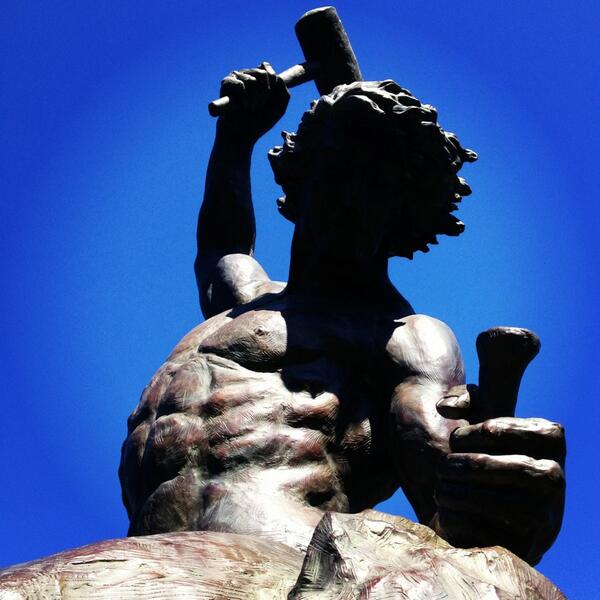The concept of the “selfmade man” is closely tied to the American Dream, representing an ideal that has inspired countless immigrants to seek fortune and success through hard work and perseverance. A selfmade man emerges from humble beginnings without the advantage of wealth or privilege and, through his own efforts, rises to prominence and prosperity. Frederick Douglass, a selfmade man himself, described the discussion of selfmade men as being about “manhood itself” in its fullest sense. He believed that their stories exemplify the essence of manliness, highlighting values like determination, perseverance, and, above all, personal responsibility. The selfmade man embodies the aspiration to become the master of one’s destiny.
What is a SelfMade Man?
While the selfmade man is often associated with stories of rising from rags to riches, the definition is broader. A selfmade man is anyone who achieves success beyond what their initial circumstances might have predicted. This individual often has to overcome significant obstacles to reach their goals, relying on education, hard work, and sheer willpower. Although no person is truly isolated from external influences, a selfmade man’s success is not attributed to luck, external help, or advantageous relationships but rather to his own determination and hard work.
The History of the SelfMade Man
Benjamin Franklin is considered America’s original selfmade man, having risen from the humble beginnings of a candle maker’s son to a legendary figure through relentless effort and ingenuity. Abraham Lincoln, who moved from a log cabin to the White House, further cemented this ideal. However, the notion truly gained traction after the Civil War, during the Second Industrial Revolution. This era offered new opportunities for young men to break away from their predetermined paths and seek individual success through hard work, much like Andrew Carnegie or the fictional characters in Horatio Alger’s novels. However, the idea faced challenges during the 20th century, such as the eugenics movement, the Great Depression, and modern arguments that emphasize luck, cultural background, or external circumstances as primary determinants of success.
Why Celebrate SelfMade Men?
Despite modern skepticism, the concept of the selfmade man deserves a revival. Too many young people today view themselves as victims of their circumstances. The stories of selfmade men offer a powerful antidote to this mindset, showing that success is not determined by one’s background or external conditions but by character, ambition, and the willingness to do whatever it takes to achieve one’s dreams.
Examples of SelfMade Men
The article provides numerous examples of selfmade men who overcame humble beginnings to achieve greatness:
Benjamin Franklin (17061790)
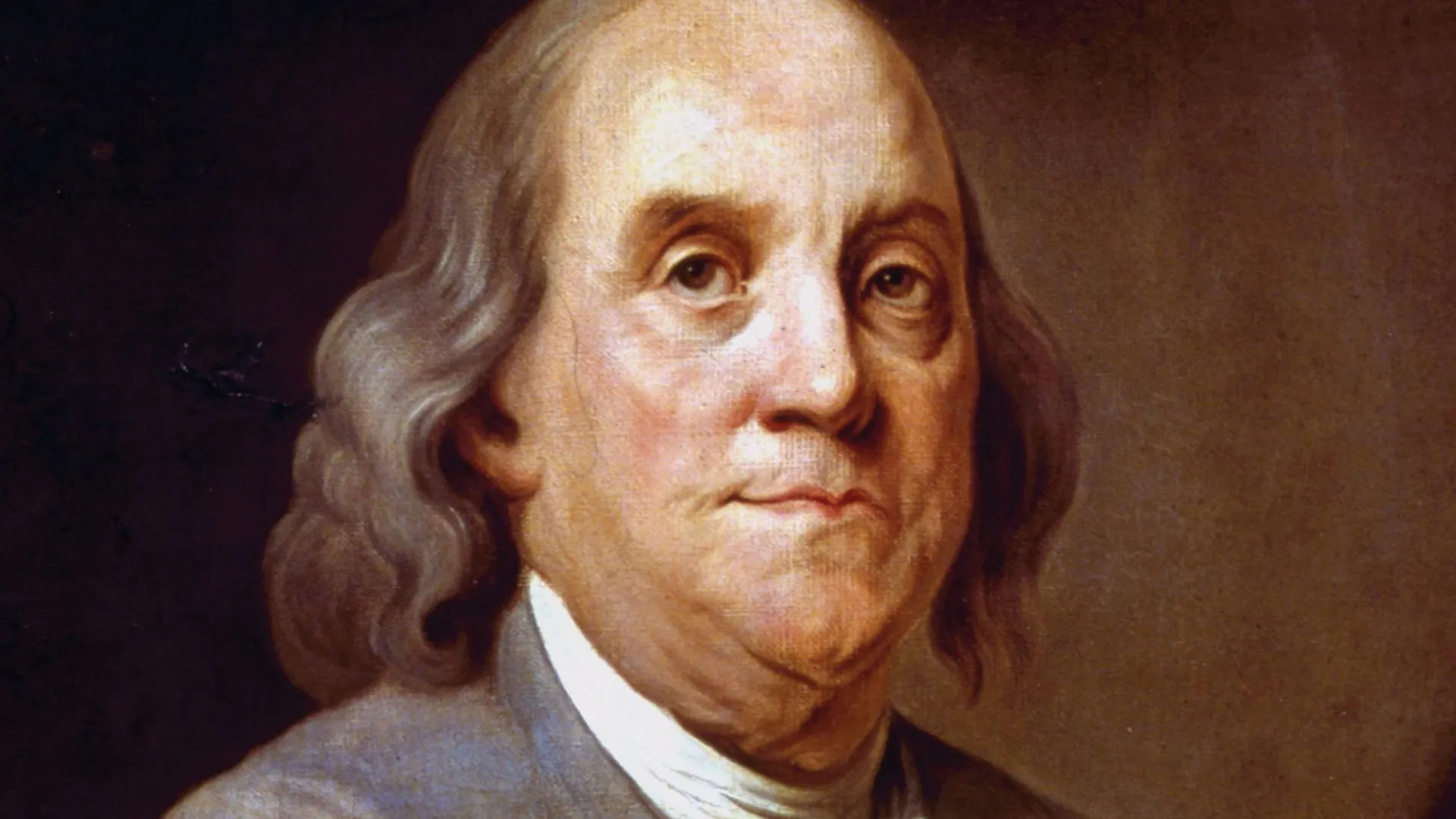
A pioneer in many fields, Franklin rose from the 15th child of a candle maker to become an accomplished printer, writer, inventor, scientist, and statesman. His achievements were the result of discipline, curiosity, and tireless work, proving that success is attainable regardless of one’s start in life.
Ross Perot (1930)
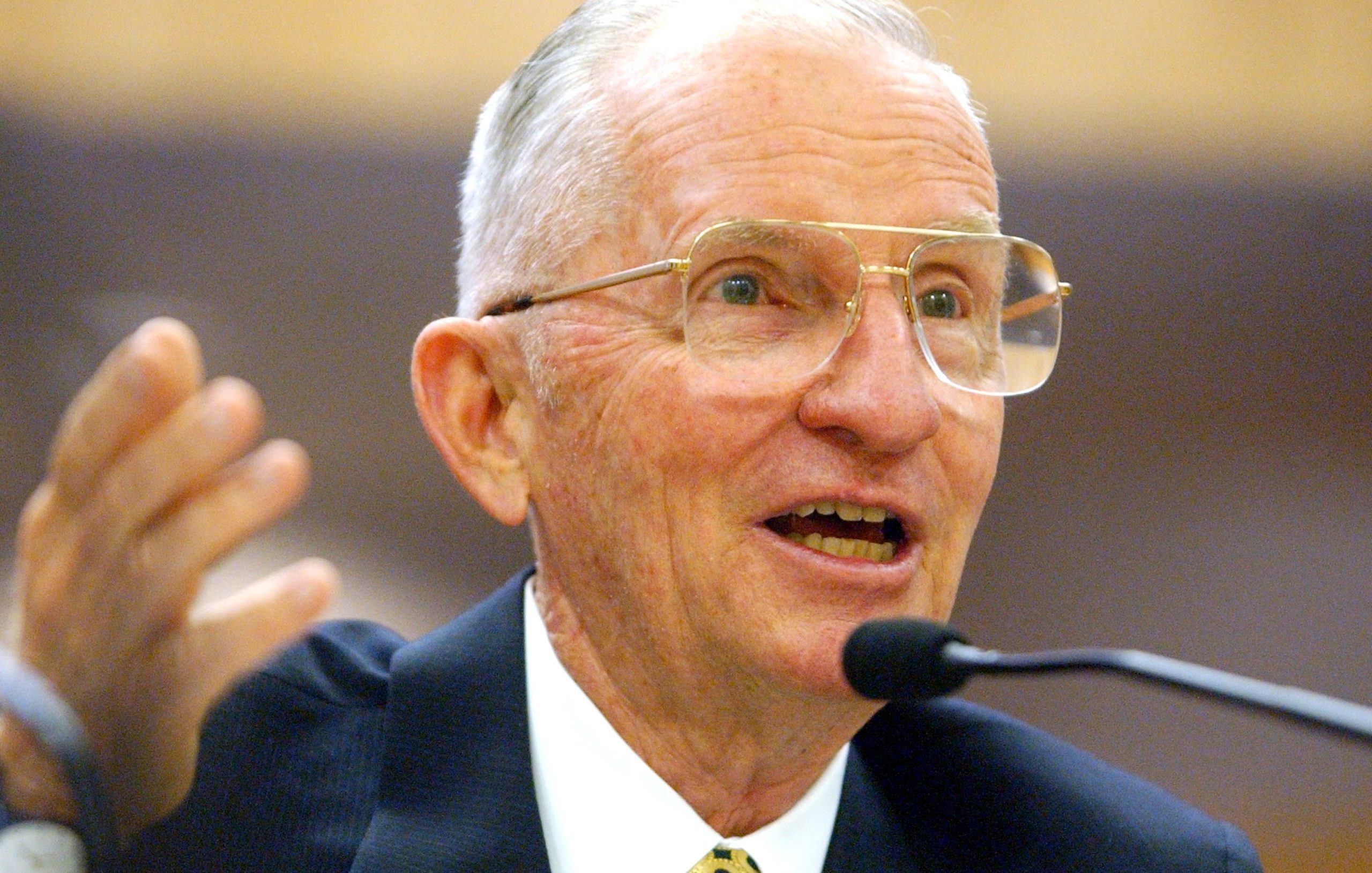
: From a modest background in Texas, Perot became a successful businessman by founding Electronic Data Systems (EDS), which he grew into a technology powerhouse despite numerous early setbacks. He later became a notable political figure.
John D. Rockefeller (1839-1937)
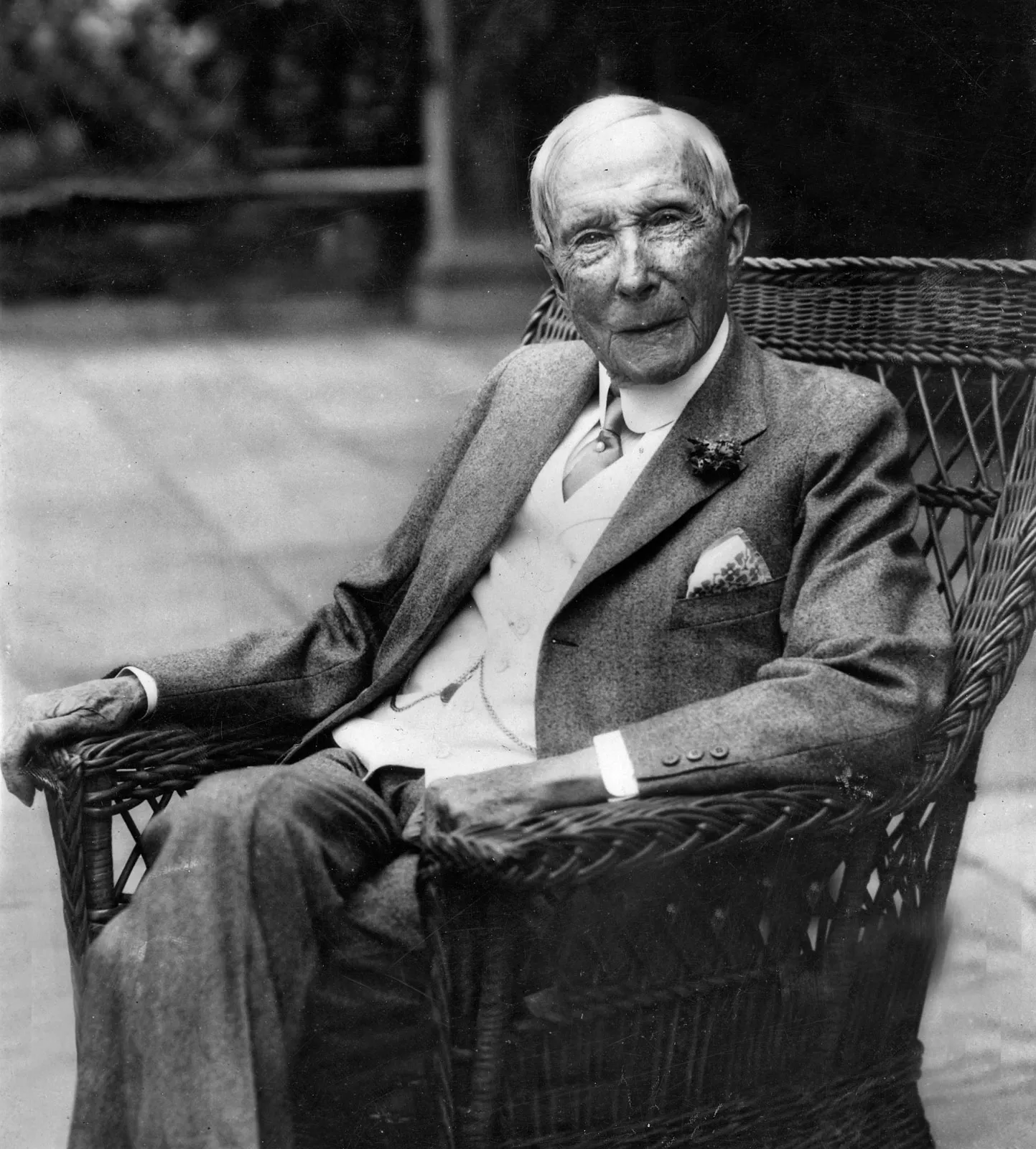
: Despite having no trust fund or affluent background, Rockefeller became the richest man in American history by building Standard Oil into a dominant force through rigorous efficiency, strategic acquisitions, and competitive business practices.
Ralph Lauren (1939)
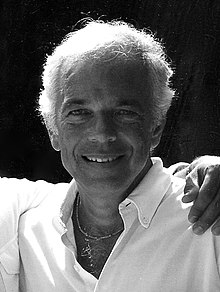
: Born to immigrant parents in the Bronx, Ralph Lauren started with no connections or advantages. He built a global fashion empire based on his unique vision, entrepreneurial spirit, and sheer determination.
Frederick Douglass (1818-1895)
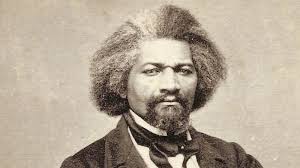
Rising from the brutal conditions of slavery, Douglass became a leading abolitionist, author, and statesman, demonstrating the power of education, courage, and perseverance in overcoming seemingly insurmountable odds.
Ray Kroc (1902-1984)
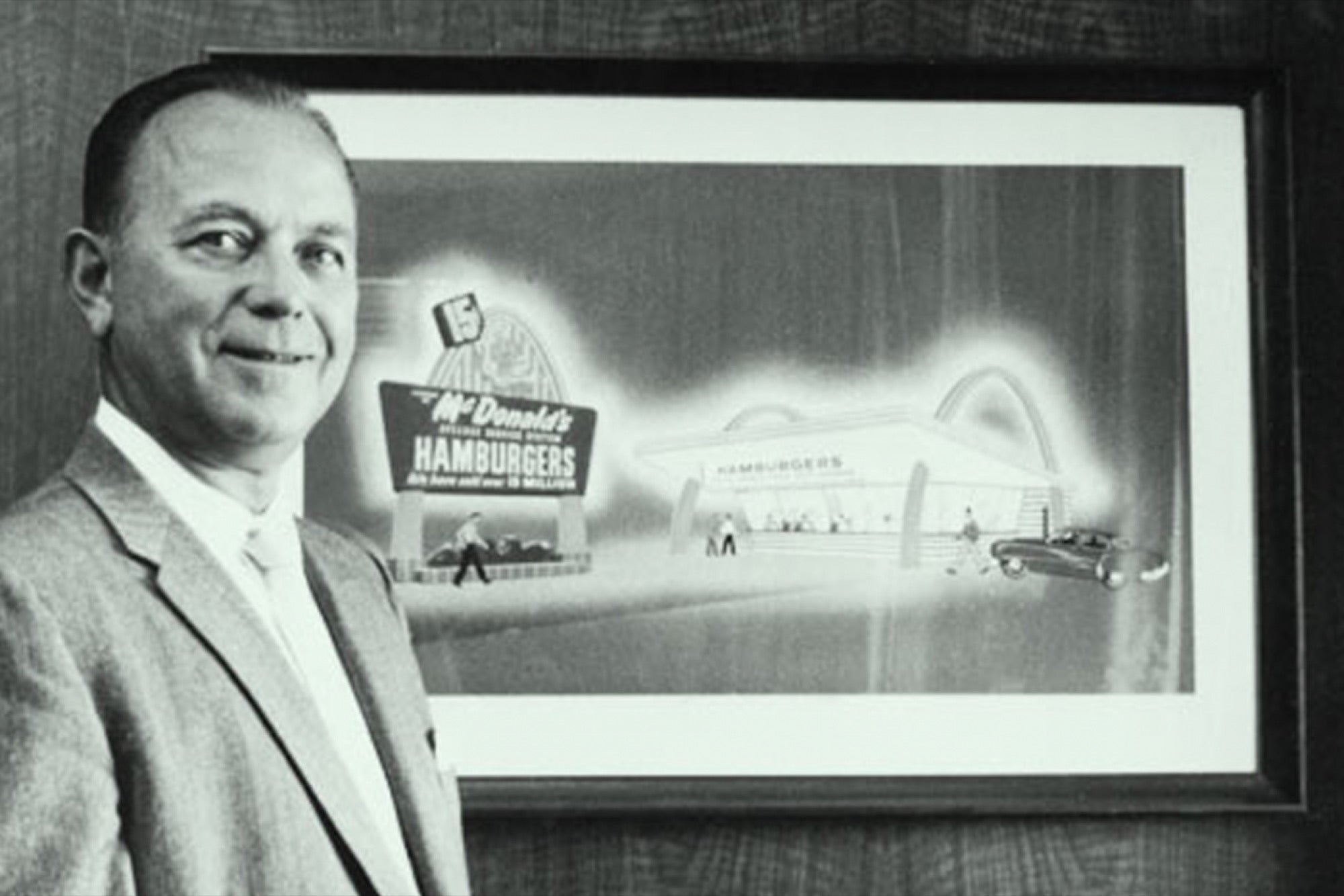
At 53, Kroc transformed McDonald’s from a small restaurant into a global fastfood empire, illustrating that age and initial failures do not determine one’s potential for success.
Harry Reid (1939)
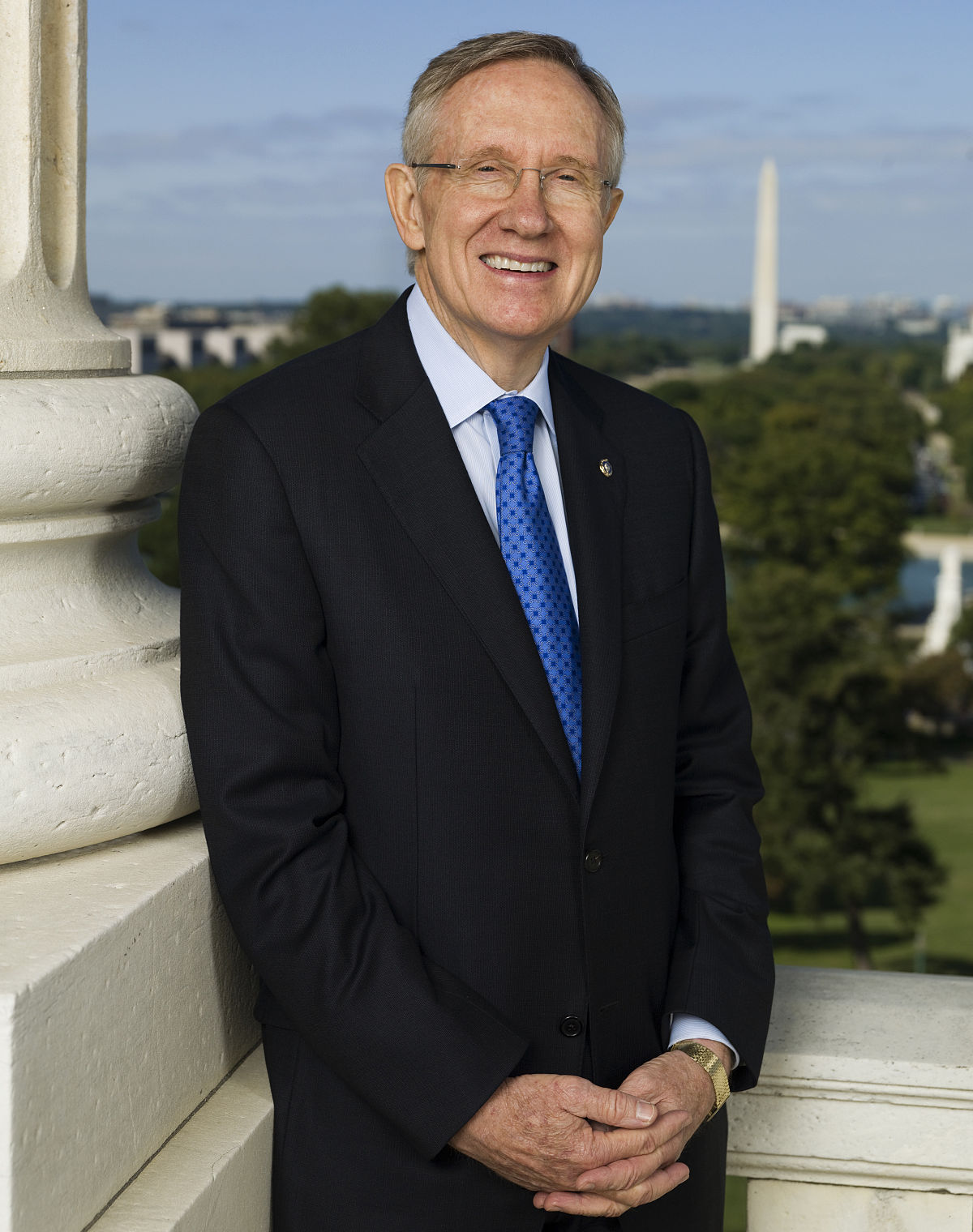
From a small mining town in Nevada, Reid rose through the ranks of politics, eventually becoming a U.S. Senator and Senate Majority Leader, proving that ambition and persistence can lead to great heights despite humble beginnings.
Thomas Edison (1847-1931)
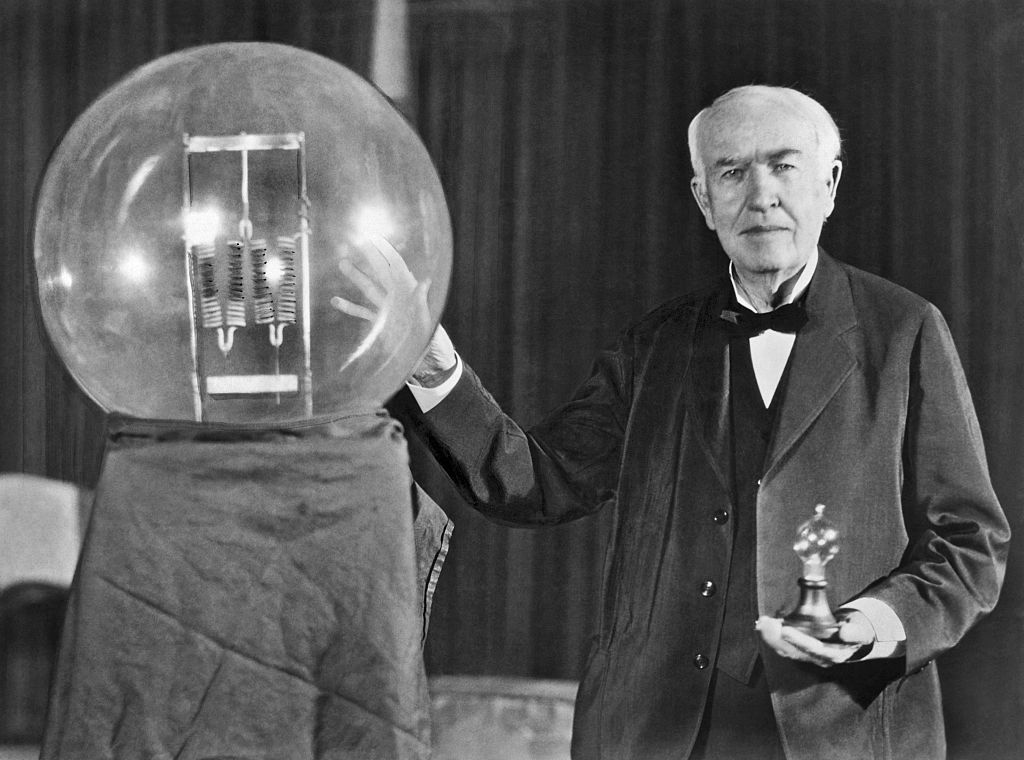
A prolific inventor and businessman, Edison overcame limited formal education and significant personal challenges to create some of the most important technological advances of his time.
Larry Ellison (1944)
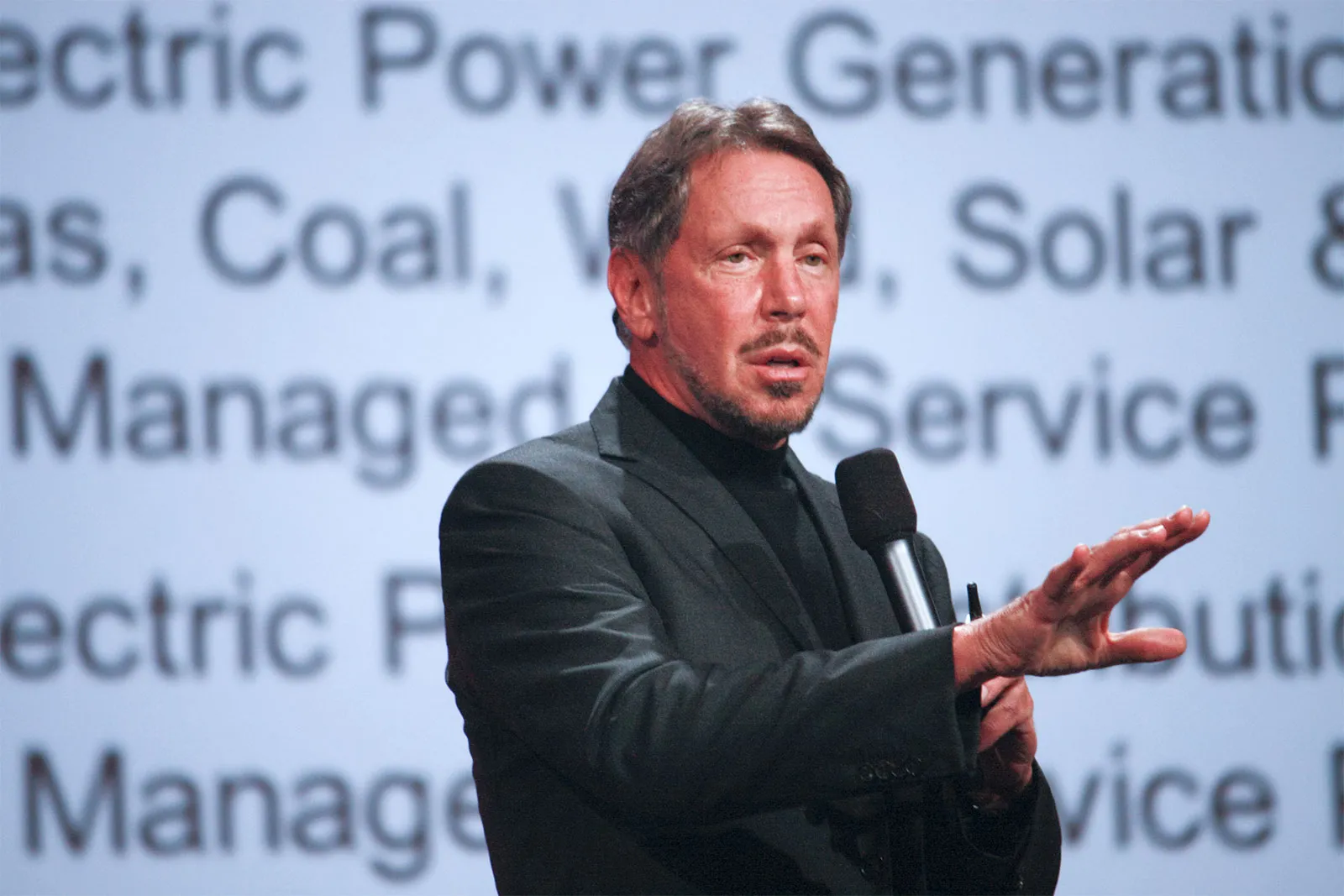
Born in the Bronx and raised in a modest home, Ellison became a tech billionaire by founding Oracle, a leading database company, through his relentless questioning of conventional wisdom.
Abraham Lincoln (1809-1865)
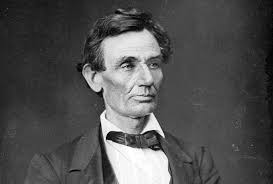
Lincoln’s journey from a log cabin to the presidency is a classic example of selfmade success, achieved through selfeducation, persistence, and an unwavering commitment to his principles.
Clarence Thomas (1948)
Rising from poverty in rural Georgia, Thomas became a Supreme Court Justice, demonstrating the power of hard work and perseverance.
Sam Walton (1918-1992)
The founder of WalMart, Walton built the world’s largest retail chain from a single store in Arkansas through innovative business practices and an unyielding work ethic.
Harry S. Truman (1884-1972)
Born to a farming family with limited means, Truman became the 33rd President of the United States, embodying the principle that hard work and determination can lead to the highest levels of success.
Conclusion
The stories of these selfmade men, though diverse, share a common thread: the refusal to accept their lot in life and the determination to forge their paths to greatness. They serve as reminders that success is not predetermined by one’s starting point but by one’s character, effort, and resilience. While not all selfmade men were perfect, each provides valuable lessons about the potential of personal agency, hard work, and the pursuit of one’s dreams.
